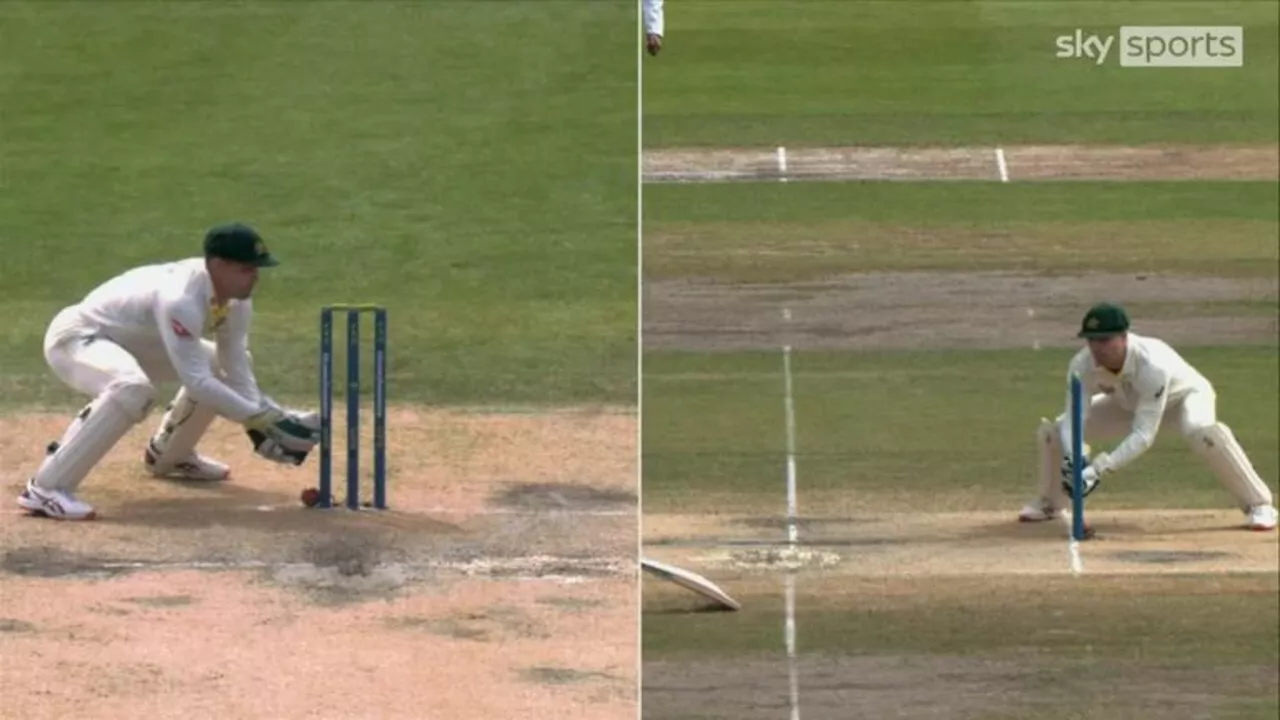Best Sports News Sources for Fans Who Want Real‑Time Updates
Keeping up with the latest scores, injury reports, and transfer rumors can feel like a full‑time job. The good news? You don’t need to scroll through dozens of apps to get the facts. By picking a few solid sports news sources, you’ll have the info you need without the noise.
We’ve pulled together the most useful tips for finding reliable outlets, why they matter, and how to blend them into your daily routine.
Why Reliable Sources Matter
When a headline says a star player is out for the season, you want to know it’s not just a rumor. Accurate sources prevent you from sharing false info with friends, betting on the wrong line, or missing out on a big game because you didn’t hear the time change. Trustworthy outlets also give context—explaining why a team’s tactics are shifting or what a coach’s comment really means.
Popular mainstream sites like BBC Sport, Sky Sports, and ESPN have teams of editors who double‑check facts. They often include video highlights, live stats, and expert analysis that casual blogs can’t match. That doesn’t mean smaller outlets are useless; niche sites focused on a single sport can provide depth that big networks skim over.
How to Choose the Best Sports News Sources
Start by asking three quick questions: Who writes the piece? Do they have a track record of accuracy? How quickly do they update?
Look for authors with a byline and a bio that mentions years of experience or former player/coach insight. Sites that cite official league statements, press conferences, or direct interviews usually have higher credibility. If a source has a history of correcting mistakes publicly, that’s a good sign they care about accuracy.
Speed matters too. Live‑blogging platforms like the BBC’s match centre or the official Premier League site push updates the second a goal is scored. For deeper analysis, newsletters from The Athletic or The Guardian’s sport section arrive every morning, giving you a quick recap and a few takeaways.
Don’t forget social media. Twitter accounts of reputable journalists often break news before the main articles appear. Follow accounts that verify their identity (blue check) and have a clear sports focus. Combine that with a few YouTube channels that offer post‑match breakdowns, and you’ve covered the fast‑track and the deep‑dive.
Finally, mix and match. Use a big‑name site for live scores, a specialized blog for tactical insight, and a newsletter for weekly round‑ups. This approach keeps you informed without feeling overloaded.
With the right mix of sources, you’ll never miss a headline, a game‑changing injury, or a surprise transfer. Give these tips a try and notice how much smoother your sports conversation becomes.
